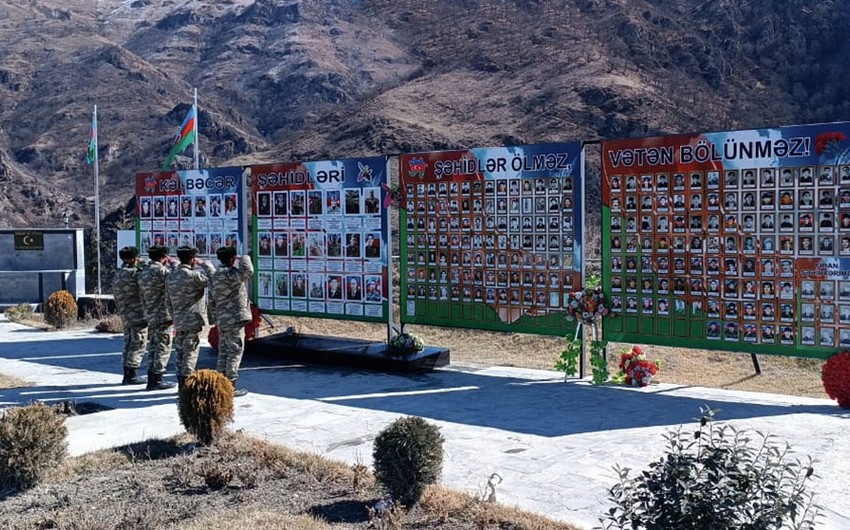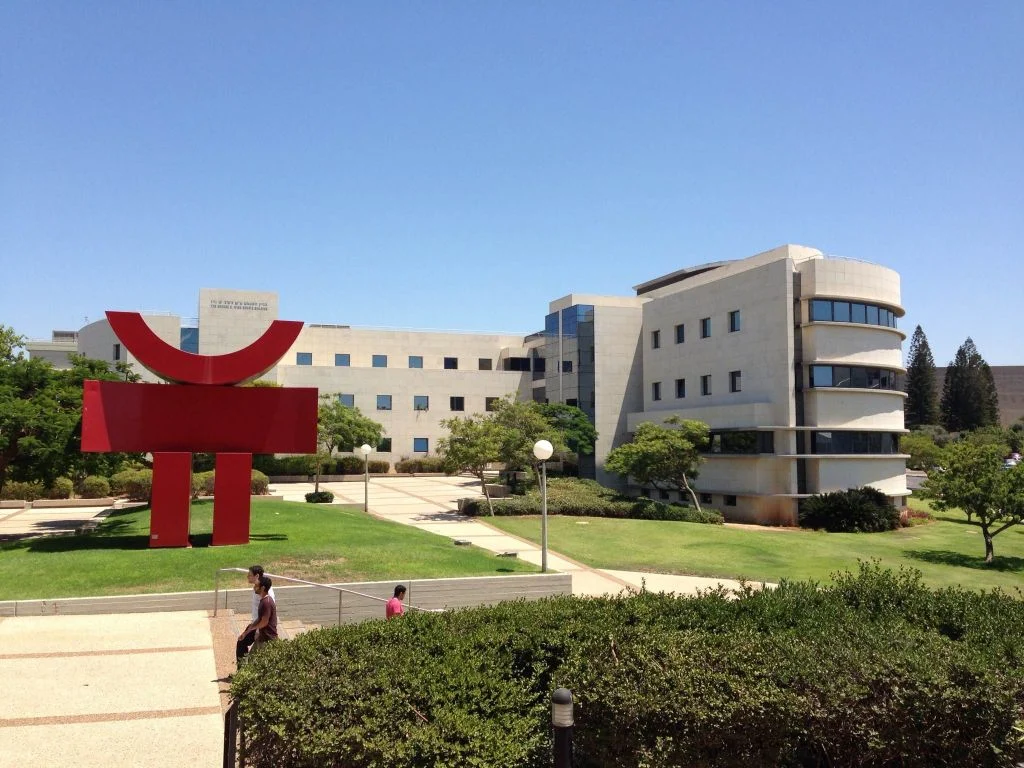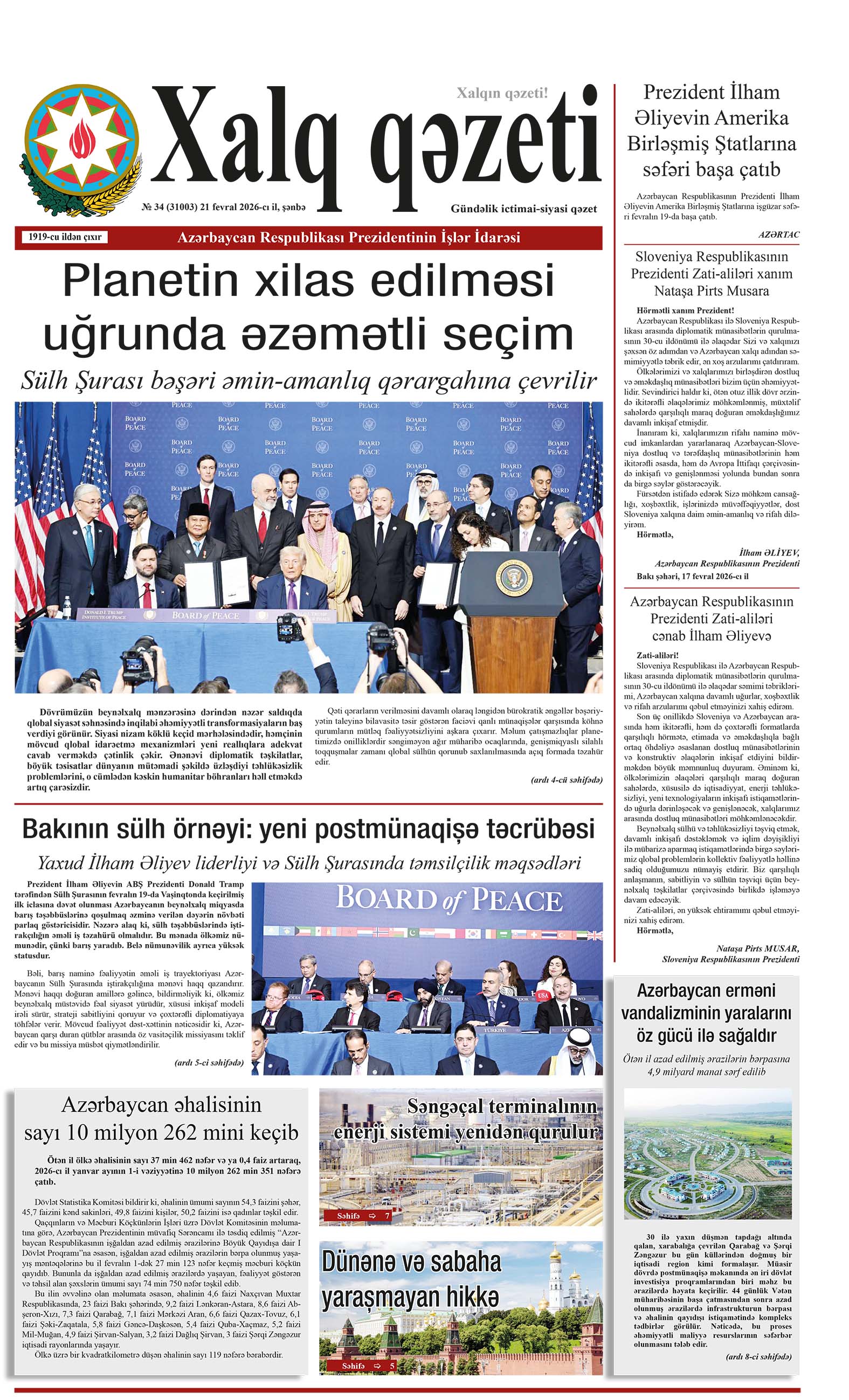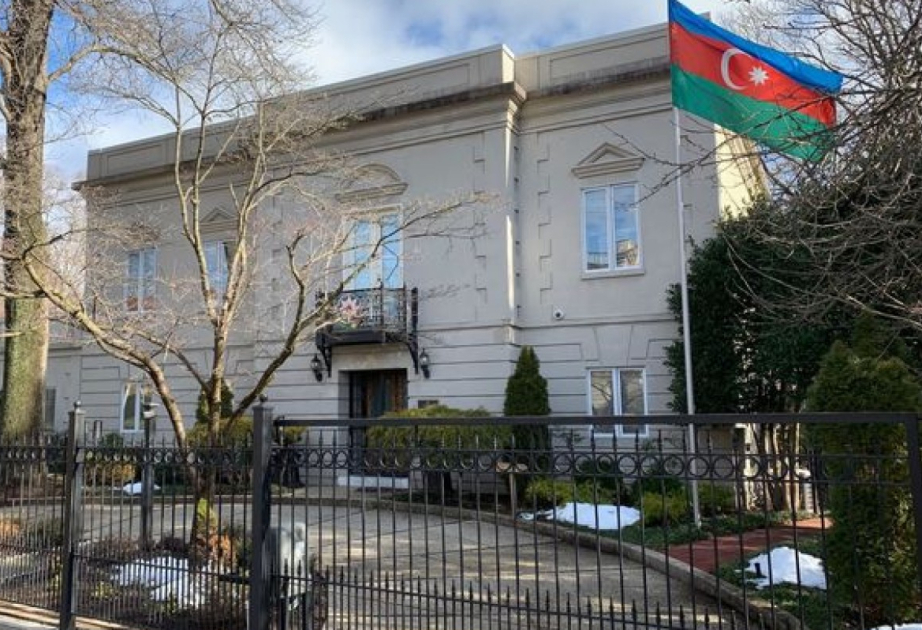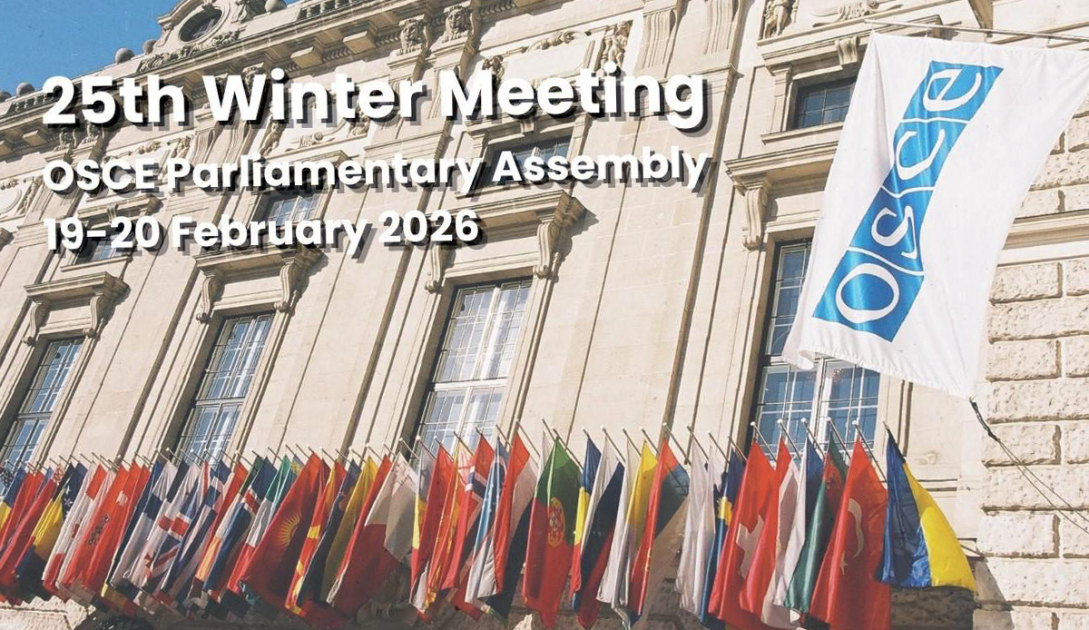On the occasion of the 32nd anniversary of the Khojaly genocide, a series of events were held in the types of troops, Army Corps, formations, military units and special educational institutions of the Azerbaijan Army, as well as in the diplomatic representations of the Republic of Azerbaijan in foreign countries, Report informs, citing the Azerbaijani Defense Ministry.
At the remembrance ceremonies, the memory of National Leader Heydar Aliyev and Martyrs, who sacrificed their lives for the sovereignty, independence and territorial integrity of Azerbaijan, as well as the victims of the Khojaly genocide was honored with observing a minute of silence. The National Anthem of the Republic of Azerbaijan was accompanied by the military orchestra.
The speakers highlighted the destruction of the Khojaly city on the night of February 25-26, 1992 by Armenian armed detachments with the participation of the 366th regiment of the former Soviet army stationed in the Khankendi city. It was noted that 613 people, including 106 women, 63 children, and 70 elderly, were killed with cruelty as a result of the next massacre committed by Armenian aggressors against Azerbaijani people, 1275 civilians were captured, and the destiny of 150 people is still unknown.
Victory gained under the command of the Victorious Supreme Commander-in-Chief in the 44-day Patriotic War in response to the provocations and military aggression of Armenia, and the anti-terror operation conducted by the Azerbaijan Army, were also mentioned at the ceremonies.
The activities held by the President of the Republic of Azerbaijan, Supreme Commander-in-Chief of the Armed Forces Mr. Ilham Aliyev, as well as the Heydar Aliyev Foundation to introduce the Khojaly genocide to the world, were emphasized at the events.
Literary and artistic compositions, photo exhibitions and videos made by the Army Ideological and Cultural Center named after Hazi Aslanov were demonstrated, as well as the documentary film "13" and other films on the topic of Khojaly's losses were shown at the commemorative events.
Servicemen also visited the monuments to the Khojaly genocide, gave lectures on this topic during socio-political training classes and met with witnesses of the tragedy.


